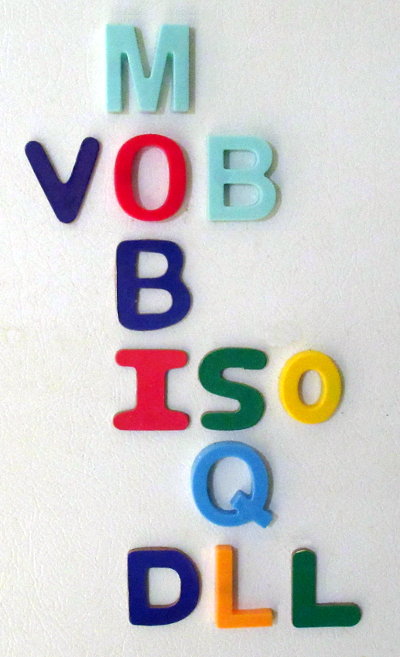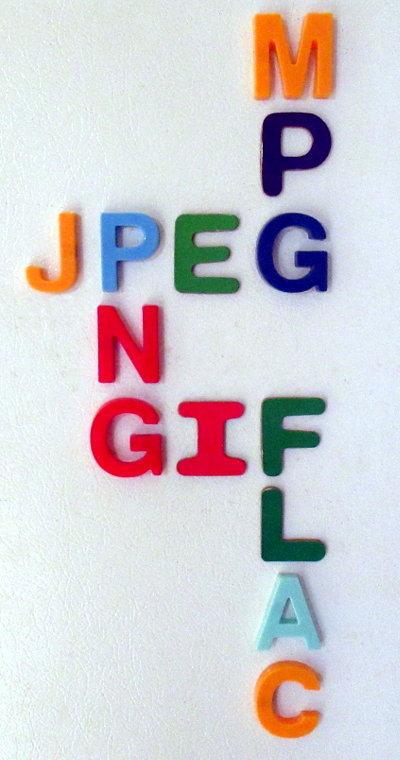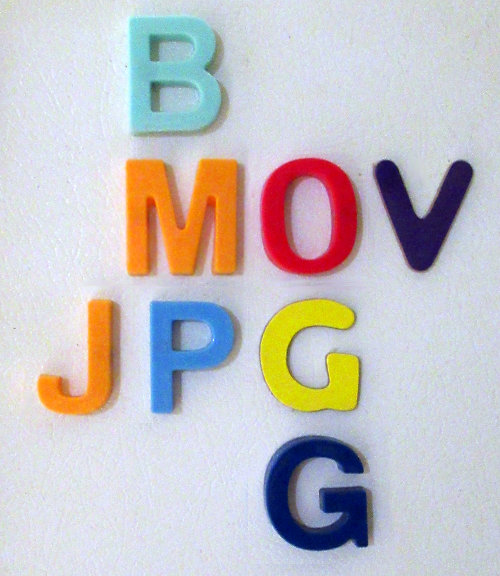Geert Lovink, from his essay "Requiem for the Network":
Let’s get unfashionable and dig up an Adorno quote from Critical Models to recast into the social media age: “The old established authorities decayed and were toppled, while the people psychologically were not ready for self-determination. They proved to be unequal to the freedom that fell into their laps.” This is what networks require: an active form of self-determination. Self-organization from below is the precise opposite of smooth interfaces, automated imports of address books and algorithmic ‘governance’ of one’s news and updates. Self-determination is not something you download and install for free. During the turbulent 1990s centralized information systems lost their power and legitimacy, but instead of smaller networks that claimed to be more democratic and -- in theory -- promote autonomy and people’s sovereignty, all we got were even larger, more manipulative monopoly platforms. Self-determination is an act, a political event, and precisely not a software feature.
Net theorist Lovink returns to form after a painful stretch writing as if everyone used social media. Non-pod-people can read and enjoy this essay!



